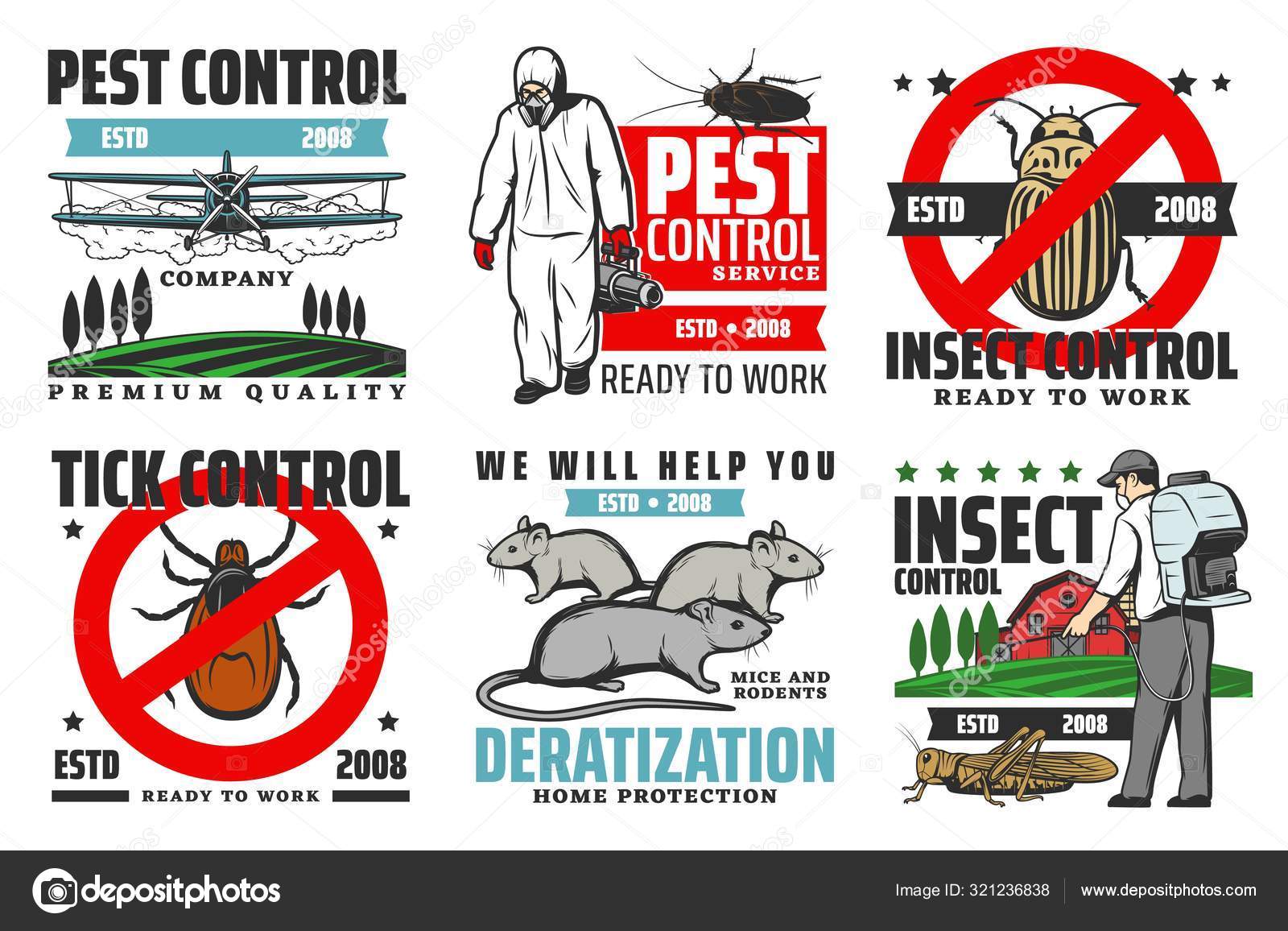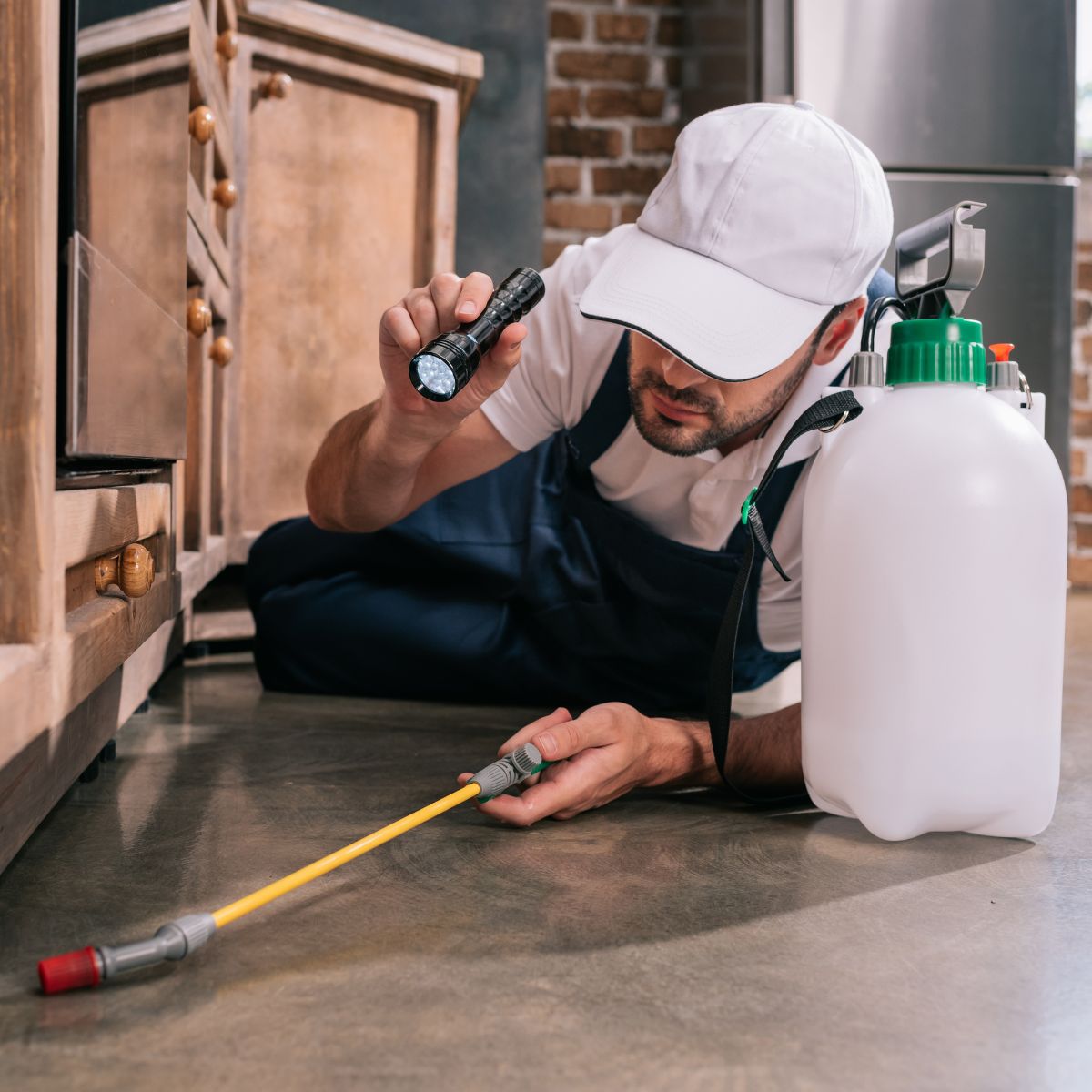Pest Control Clovis: Remove Pests At Last
Recognizing the Various Techniques to Insect Control: A Comprehensive Overview

Natural Insect Control Techniques
Utilizing eco-friendly techniques such as buddy planting and organic bug control is essential for effectively managing insects in farming setups. Friend growing includes growing different crops in proximity to deter pests, enhance nutrient uptake, and boost total plant health and wellness. Growing marigolds along with tomatoes can assist ward off nematodes. Likewise, intercropping maize with legumes can interfere with the reproduction patterns of bugs like corn borers.
Organic pest control involves presenting natural predators or microorganisms to manage pest populations. Ladybugs, for example, feed upon aphids, controlling their numbers without the requirement for chemical pesticides. Another example is using Bacillus thuringiensis (Bt), a germs that targets specific insect bugs while being harmless to human beings, animals, and advantageous pests.
These environment-friendly methods not only minimize the reliance on synthetic chemicals but additionally help protect biodiversity and dirt health. By integrating all-natural pest control approaches into farming practices, farmers can achieve lasting parasite management while lessening adverse influence on the environment.

Chemical Parasite Control Solutions
Along with natural bug control approaches, the application of chemical pest control options plays a significant function in successfully taking care of pest populaces in farming settings. Chemical pest control solutions are formulated to target certain parasites that might cause substantial damages to plants. These remedies often contain artificial chemicals that are made to get rid of parasites quickly and efficiently.
Among the vital benefits of chemical parasite control solutions is their effectiveness in controlling insect infestations widespread. Farmers can use these remedies making use of different techniques such as splashing, airing out, or seed therapy to secure their crops from damaging insects, weeds, and diseases. In addition, chemical parasite control options are relatively simple to apply and can provide quick outcomes, assisting farmers safeguard their returns and decrease economic losses.
Nonetheless, it is crucial to utilize chemical pest control options sensibly to decrease prospective negative effects on the environment, non-target microorganisms, and human health and wellness. Proper application methods, adherence to safety standards, and normal tracking are crucial to make sure the responsible use of chemical insect control solutions in agricultural techniques.
Biological Bug Control Approaches
Biological insect control approaches utilize all-natural killers or microorganisms to handle bug populaces in farming setups properly. One usual organic control strategy is the intro of all-natural adversaries, such as ladybugs or parasitical wasps, to target details parasites.
Another biological control technique involves using pathogens like viruses, fungi, or bacteria to infect and kill pests. These microbial agents can be splashed on plants or presented into the soil to combat numerous parasites without damaging advantageous pests or various other wildlife. Additionally, using scents to interrupt the mating patterns of pests is an additional efficient organic control method. By disrupting their reproduction, this approach assists to decrease pest populaces without the requirement for chemical intervention. On the whole, organic bug control methods offer a lasting and targeted service important link to pest management in farming.
Integrated Insect Monitoring (IPM)
Integrated Insect Administration (IPM) is a comprehensive technique that combines different parasite control techniques to effectively handle and home decrease pest populations in agricultural systems. IPM concentrates on lasting prevention of insects via a combination of biological, social, physical, and chemical control approaches. By integrating these different techniques, IPM intends to reduce reliance on chemical pesticides, lessen ecological effect, and promote sustainable insect monitoring practices.
One key element of IPM is the usage of organic controls such as all-natural killers, parasites, and pathogens to control parasite populaces. This method uses the power of nature to keep an equilibrium between parasites and their natural enemies without causing harm to the environment.
In addition, IPM includes social methods like plant sanitation, turning, and environment control to produce undesirable conditions for pests and disrupt their life process. Physical controls such as barriers, catches, and composts are additionally made use of to stop bug invasions.
Physical and mechanical Bug Control Methods
Utilizing non-chemical methods, such as physical and mechanical parasite control strategies, is an essential aspect of extensive pest monitoring methods, building on the foundation of Integrated Parasite Administration's all natural method. Mechanical insect control entails the usage of physical barriers or catches to avoid pests from accessing and harming crops or frameworks. This method can consist of methods like installing displays on windows, making use of row covers in agriculture, or using sticky traps to capture insects.
Physical parasite control methods, on the various other hand, concentrate on directly getting rid of bugs through physical methods. Utilizing heat treatments to get rid of bed insects or vacuuming up parasites like ants or spiders can be reliable ways to handle problems without the use of chemicals. By incorporating these physical and mechanical pest control methods right into an Integrated Insect Monitoring strategy, specialists and individuals can decrease dependence on pesticides while still effectively lessening and taking care of pest populaces damage.
Final Thought

In addition to natural bug control techniques, the utilization of chemical parasite control services plays a significant duty in successfully managing pest populaces in agricultural settings.One of the essential advantages of chemical pest control remedies is their efficiency in regulating insect problems on a big range.Integrated Insect Monitoring (IPM) is an extensive strategy that integrates numerous parasite control methods to effectively handle and decrease pest populations in farming systems.Utilizing non-chemical techniques, such as mechanical and physical insect control strategies, is a vital aspect of detailed pest management methods, building upon the foundation of Integrated Bug Monitoring's holistic technique. By including these mechanical and physical insect control methods right into an Integrated Pest Administration plan, specialists and people can reduce reliance on pesticides while still properly decreasing and managing pest populations damage.